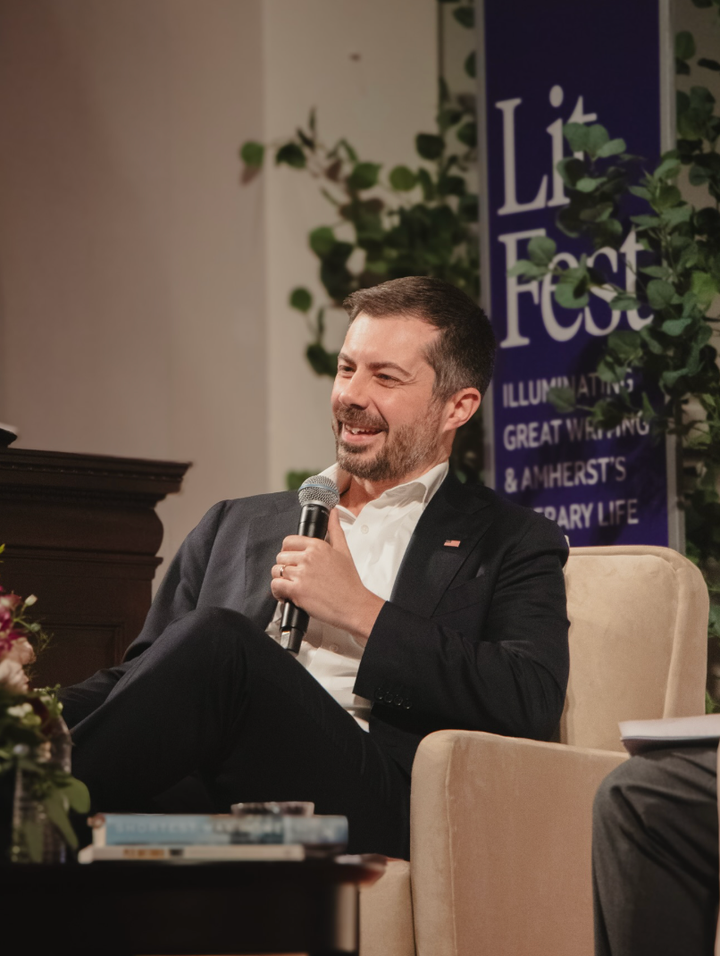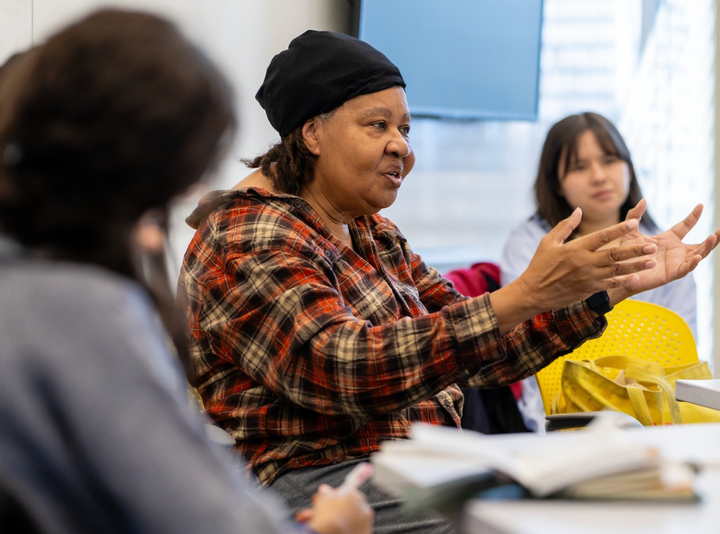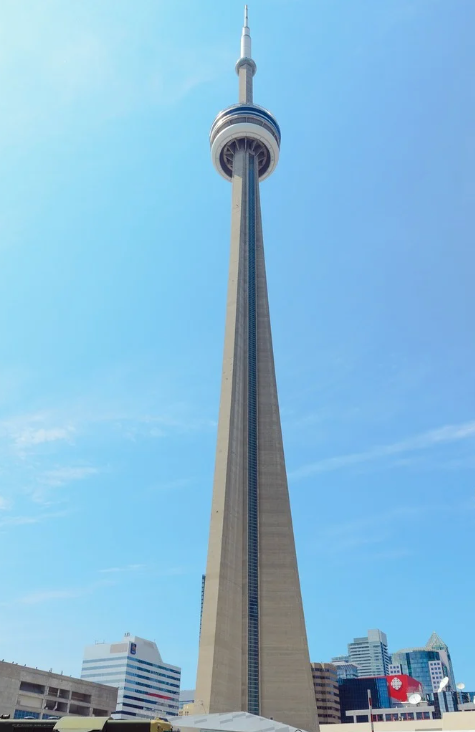A Night in the Life of an Amherst College Police Officer
Walking around campus any day of the week, at almost every hour, you’re bound to see an Amherst College Police Department (ACPD) cruiser driving around. While ACPD plays a visible role on campus, it can be hard to understand what it actually does. On March 24, I spent three and a half hours with Sergeant Jeffrey Shea on a Saturday night to try and observe how ACPD runs.
The night began at midnight with a patrol around Amherst to all the properties that the college owns. Sitting in the large pickup truck, a new addition to the fleet this year that Shea argued for, it’s hard not to feel tiny. Inside, the truck has a laptop computer, which allows the officer to access the campus directory and all event registrations.
Driving around, it became clear just how much property the college owns. After driving up to the observatory, we passed by a house, located behind Humphries House near Amherst’s golf course, that currently sits empty, although the Amherst Fire Department occasionally uses it for training, according to Shea. He checks on the property while on patrol to make sure that nothing is out of the ordinary.
Shea started working at Amherst during the summers when he was 14, helping out his dad, Bob Shea, who worked in the facilities department here for over 40 years and retired in 2017. In 2000, Shea started working as a part-time dispatcher for the department and was hired full-time in 2002 as a police officer. He typically works five days a week from 11 p.m. to 7 a.m. While some at ACPD, like Shea, have a strong connection to Amherst, others start working on college campuses due to opportunity, said Chief of Police John Carter. Before he came to Amherst, Carter worked as a local police officer, but after the state went through a financial crisis, he feared for his job and applied to Brandeis University’s campus police department, where he worked for eight years.
After driving around the campus for a while and making sure that nothing was out of the ordinary, an Amherst College Emergency Medical Service (ACEMS) call came in about an intoxicated woman in Plimpton House. When Shea and I arrived at the building, the ACEMS member on-call was wrapping things up by having the woman sign a form saying that she refused transportation to the hospital. Although ACPD does not respond to all ACEMS calls, Carter said that it typically responds to calls that are alcohol-related so that it can make sure that the responding EMTs are safe while they do their job. A club sports team had their formal in Plimpton that night, and seeing the space right after the party had ended was striking. There were bottles of champagne on almost every surface, several of them broken, and solo cups littered the floor. Several bottles of hard alcohol were also sitting around, which Shea pointed out violated the party policy and would result in consequences for the party sponsors.
We then went over to the Triangle, where much of the party scene is concentrated at Amherst. By the time we got there, around 1:30 or 2 a.m., all the parties were over. That night, there had been an unregistered party in Seelye Hall that ACPD officers ended up shutting down. Although it may feel like every party gets shut down, Carter says that ACPD doesn’t just show up to registered parties.
“With registered parties, if there’s a noise complaint, our first step is to call the host,” Carter said. “If we get a call and it’s medical or a fight or vandalism or if it comes from outside the college, so one of the neighbor’s houses, we’ll go. If we get there and the party is under control, so there’s no underage drinking, hard alcohol or overcrowding, we’ll just ask the host to turn down the music. If we get there and there’s that handful of other violations, we’ll end the party.”
Unregistered parties, on the other hand, are more likely to get shut down since there isn’t a host that officers can call to ask to turn down the music. In those cases, parties end up getting shut down because of violations like underage drinking and the presence of hard alcohol. “At this point, merely our presence is the end of the [unregistered] party,” Carter said. “People just generally leave when we show up. This is a great thing and we want this to continue.”
While walking through Mayo-Smith Hall, we entered a hallway that smelled like marijuana. It was pretty clear that it was coming from one of the dorm rooms, and Shea knocked on the door. After a few seconds, a student answered the door, and Shea asked him about what he was doing inside the room. The student responded that they were just watching a movie and denied that they had been smoking anything but wouldn’t let Shea enter the room to look around. After this, we left and let the students get back to whatever they were doing inside the room.
Shea expressed his frustration about when students are uncooperative or appear to be lying. He emphasized that ACPD isn’t here to get anyone in trouble on purpose, but that the officers do still need to enforce the laws.
However, it seems that for him, the benefits significantly outweigh the negatives, considering he’s been working for ACPD for 18 years. Both Carter and Shea spoke about the importance of community caretaking and the department’s desire to tie itself to the mission of the college.
“I’m very interested in self-governance,” Carter said. “So, Amherst College takes care of Amherst College. We want to be able to respond to everything and we don’t want to be reliant on local police. We want our police officers who respond to everything on campus, who interact with our students, to be part of the community, to be part of the philosophy that is Amherst College and to be invested in what it means to be at Amherst College.”





Comments ()